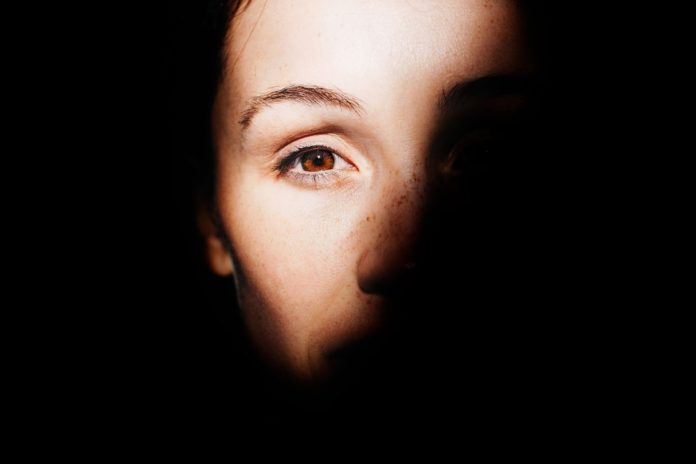Have your eyes turned red and puffy due to allergies? You’re not alone. Millions of Americans deal with this condition, commonly called allergic conjunctivitis. They occur when your eyes react to something that irritates them, called an allergen.
Your eyes produce histamine, a foreign substance that fights off the allergen, which results in your eyelids and conjunctiva turning red, swollen, and itchy. Your eyes can also tear and burn.
Unlike other kinds of conjunctivitis, allergic conjunctivitis isn’t contagious. A cold compress can give you a quick fix; but, for long-term relief, you should be aware of the allergens that trigger the condition and treat the symptoms.
1. Dander
Pet dander is one of the top substances that cause eye allergies because it can cause symptoms all year long. So, if pet dander is a source of eye allergy for you, try to keep animals outside your home as much as possible.
At the very least, if you choose to keep them indoors, make sure you don’t allow them in your bedroom so you can sleep in an allergen-free room. When it comes to other measures to keep pet dander-induced eye allergy at bay, wash your hands after playing with your pets.
Additionally, change into a clean pair of clothes before going to bed. Instead of carpeting that traps the pet dander, hardwood or tile floor can also help. Ideally, it would be best if you washed your bed linens and pillowcases in hot water and detergent to reduce allergens. You might also want to get allergen covers or encasements for pillows, comforters, duvets, and mattresses.
2. Smoke or Exhaust
Tobacco smoke and diesel exhaust are two other allergens that can cause eye allergies. The symptoms are often not reactions to the smoke but the toxic ingredients and irritating chemicals contained in it. Typically, tobacco smoke and gasoline engine exhaust act as irritants that worsen your eye allergy responses.
3. Foreign Particles
You are surrounded by various types of foreign particles floating in the air, of which some might be responsible for your eye allergies. For instance, mold, dust, and mites, can cause allergic conjunctivitis.
To prevent infection, keep your windows closed and use air conditioning both in your home and car. This will lower your exposure to irritants while you are inside. Just remember to avoid using window fans if possible, as they draw allergens inside.
Improving Air Quality
Furthermore, clean your air conditioning units regularly so they don’t cycle allergens inside.
While going outside, wear a wide-brimmed hat or progressive lenses for prescription glasses to keep the allergens from getting into your eyes.
If dust is what’s causing your eye allergies, pay special attention to your bedding. Allergen-reducing covers for your bedding, particularly your pillows, can help. Washing your bedding regularly with hot water is also worthwhile. While cleaning floors, use a damp mop or rag to trap the allergens instead of a dry dust mop.
4. Makeup
Sometimes, the makeup products you use can lead to eye allergies, especially the concealer used to hide dark circles or mascara used to thicken your lashes. Consider opting for hypoallergenic products, and if you have an eye allergy, don’t try to cover it up with heavy makeup. It will further make your eyes red and water, calling unwanted attention.
Instead, try to emphasize other features on your face. For example, use a killer shade of lipstick.
In case you use artificial tears to wash out allergens that get into your eyes, ensure they are preservative-free.
5. Pollen
If your eyes turn watery when you go outside during spring or summer, chances are you have seasonal allergic conjunctivitis. Pollen can be the worst offenders. If you are allergic to pollen, stay indoors when the wind blows pollen around and when the pollen counts are high — in the mid-morning and early evening.
To reduce the chance of irritation even more, keep the windows closed, and run the air conditioner. Wear sunglasses or eyeglasses to prevent pollen from getting into your eyes when you head outdoors.
Identify the Symptoms and Get Treated
The most common symptoms of allergic conjunctivitis include:
- Red, swollen, or itchy eyes.
- Burning or tearing of the eyes.
- Sensitivity to light.
Sometimes, eye allergies might be accompanied by nasal allergies. Meaning you might also have a stuffy, itchy nose and sneezing. Additionally, you could also suffer from headaches, an itchy or sore throat, or coughing.
Consult an ophthalmologist to get proper treatment. They will be able to easily diagnose the causative agent of allergic conjunctivitis, which is the key to avoiding the condition in the future.











